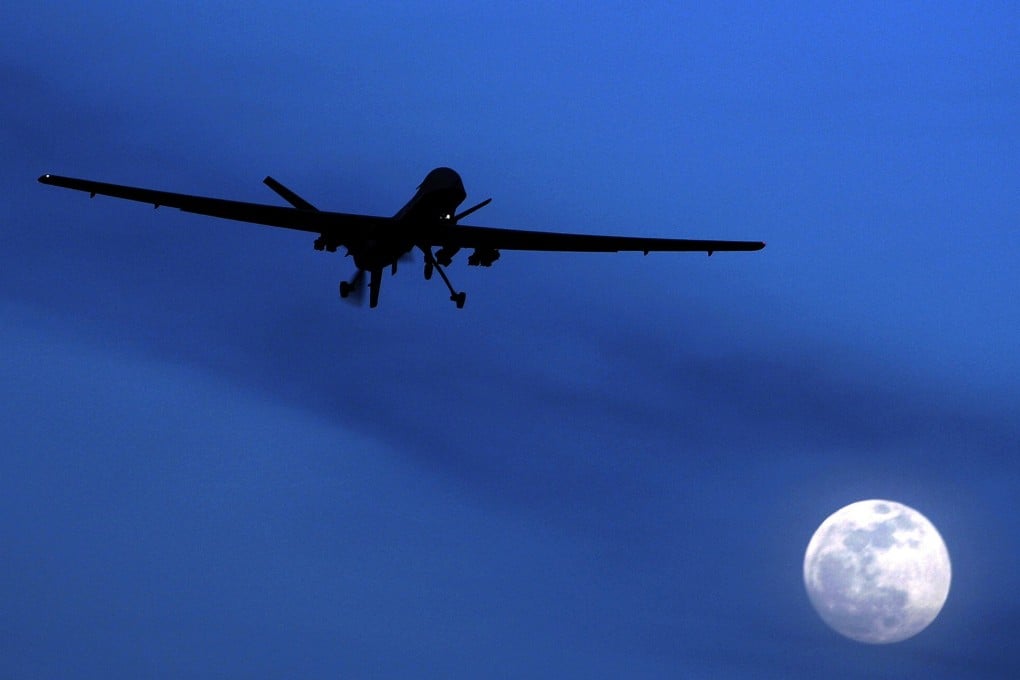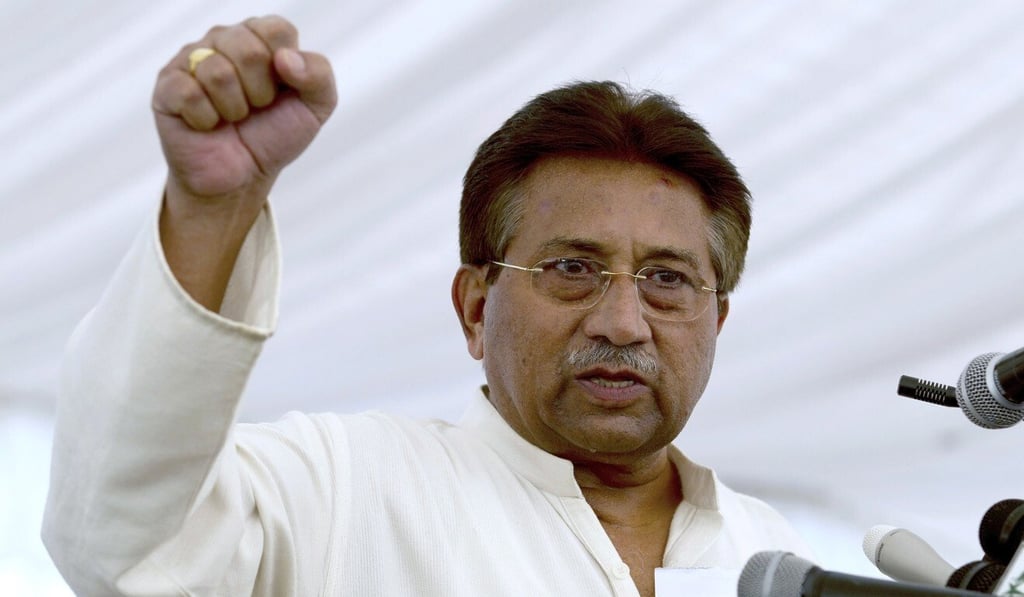Pakistan bends again as it grants US warplanes access to its skies
- Furore over speculation Islamabad may have secretly agreed to lease an airbase to Washington comes after American jets used Pakistani airspace to bomb Taliban forces
- This is Pakistan’s second change of tack to fix ties with the US, after army chief shifted national security policy away from Afghanistan and conflict with India towards trade and investment with Eurasia

The reinstatement of a 20-year-old arrangement saw Pakistani airspace used by American warplanes on at least one occasion during the first week of May to bomb Taliban forces engaged in a major anti-government offensive in the southern Afghan province of Helmand, several renowned Pakistani journalists recently revealed on social media.
They said the resumption of US military air operations over the skies of Pakistan’s sparsely populated western Balochistan province came after a request from Washington to restore access to the Shamsi airbase, 400km northwest of the Chinese-operated Arabian Sea port of Gwadar.
The US was granted use of the airbase at Shamsi, and another at Jacobabad in southern Sindh province, by military dictator Pervez Musharraf after US-led forces occupied Afghanistan in 2002, as Musharraf wrote in his memoir In The Line Of Fire, published in 2006 while he was still president.

Two high-ranking officials, speaking off the record in Islamabad, said they understood that Washington had made a request for the use of Shamsi airbase, amid a sudden flurry of meetings between Pentagon leaders and Pakistan’s powerful army chief of staff General Qamar Javed Bajwa that started in March.